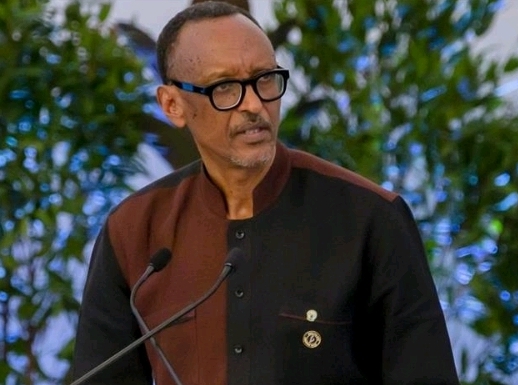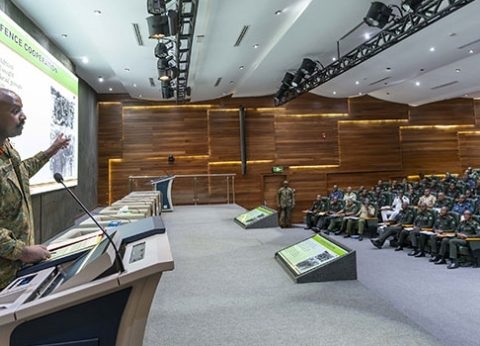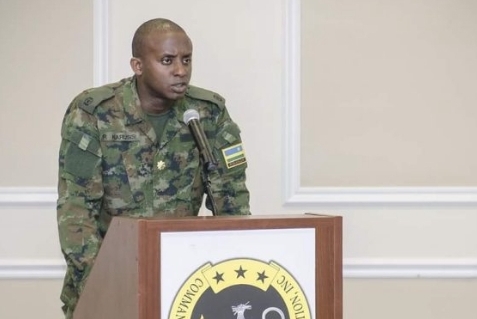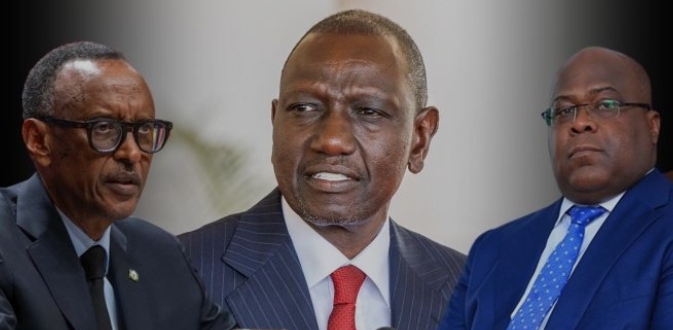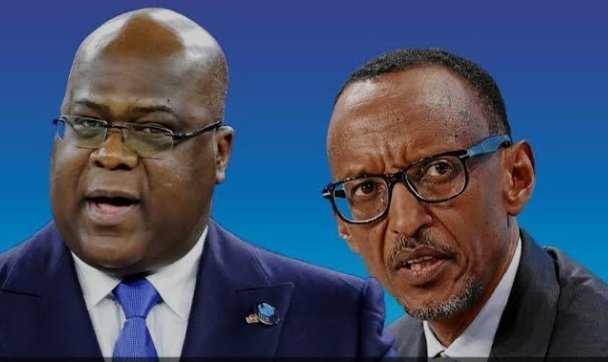Rwandan President Paul Kagame has urged African nations to unite and establish a common currency anchored in the continent’s abundant resources, as a means of reducing dependence on Western economic systems. Kagame’s call, made on December 23, 2024, reflects growing dissatisfaction among African leaders with the global financial order.
Speaking passionately, Kagame criticized the current economic framework, stating, “Africa’s economy will remain under external control as long as Europe and America dictate the value of our money. It’s time we introduced a currency backed by Africa’s resources—not the dollar or the euro.”
The president described the existing system as a continuation of economic colonialism, asserting that it perpetuates inequality and prevents Africa from achieving true economic autonomy. “Forcing us to repay debts using our natural resources instead of leveraging an African-based currency is unacceptable,” Kagame added, labeling the practice as a form of modern exploitation.
Kagame’s remarks have resonated with those advocating for a shift in the global financial order. Proponents believe that a unified, resource-backed African currency would not only strengthen the continent’s economic sovereignty but also reduce its vulnerability to external market fluctuations.
However, experts caution that achieving this vision will require extensive collaboration among African countries. “Creating a common currency is a monumental task that demands political will, economic stability, and strong institutions across the continent,” said Dr. Amina Salum, an economist at the University of Nairobi. “But if successful, it could transform Africa’s position in the global economy.”
The idea of a common African currency is not entirely new, but Kagame’s proposal to base its value on the continent’s natural wealth has brought renewed attention to the issue. Analysts argue that such a currency could bolster intra-African trade, reduce reliance on foreign exchange reserves, and strengthen the African Union’s broader agenda for economic integration.
As discussions around Kagame’s proposal continue to gain momentum, it remains to be seen whether African leaders will rise to the challenge of reshaping the continent’s financial future. For many, the initiative represents an opportunity to dismantle decades of external economic dominance and pave the way for a more self-reliant Africa.
![]()

